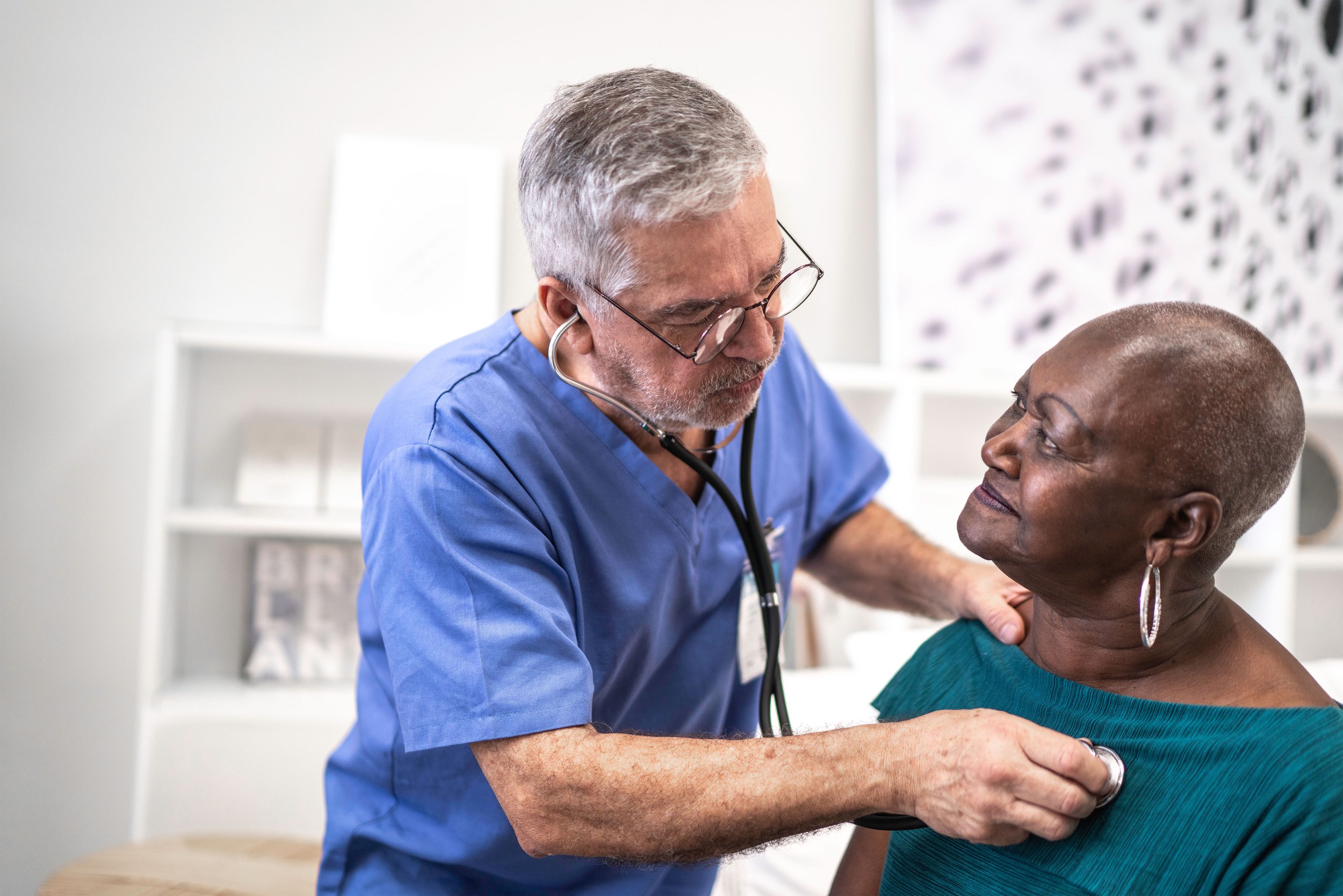What is heart valve disease?
The heart has four valves that open and close to control blood flow to your body. If one or more of those valves don’t open or close properly, that means you have heart valve disease. It may be something you were born with, or that develops during your life.
Heart valve disease is common and serious, but treatable. Knowing the symptoms to look out for and when you should see a healthcare provider are the best ways to detect and treat possible heart valve disease.
Heart Valve Voice Canada is here to support, educate, and advocate on behalf of Canadians living with heart valve disease.
Patient stories
If you have been diagnosed with heart valve disease, you are not alone. Learn from people who share their experience — and what they learned about diagnosis, treatment and recovery.
Working together to create a better patient journey
From awareness and detection through diagnosis, monitoring, treatment, and life after surgery, Canadians living with heart valve disease will have different needs but we all follow the same journey. Knowing your options and having up-to-date information is the best way to improve the outcome of living with heart valve disease or supporting someone through their journey. Together, Heart Valve Voice Canada’s Patient Journey can lead you through this important process.













